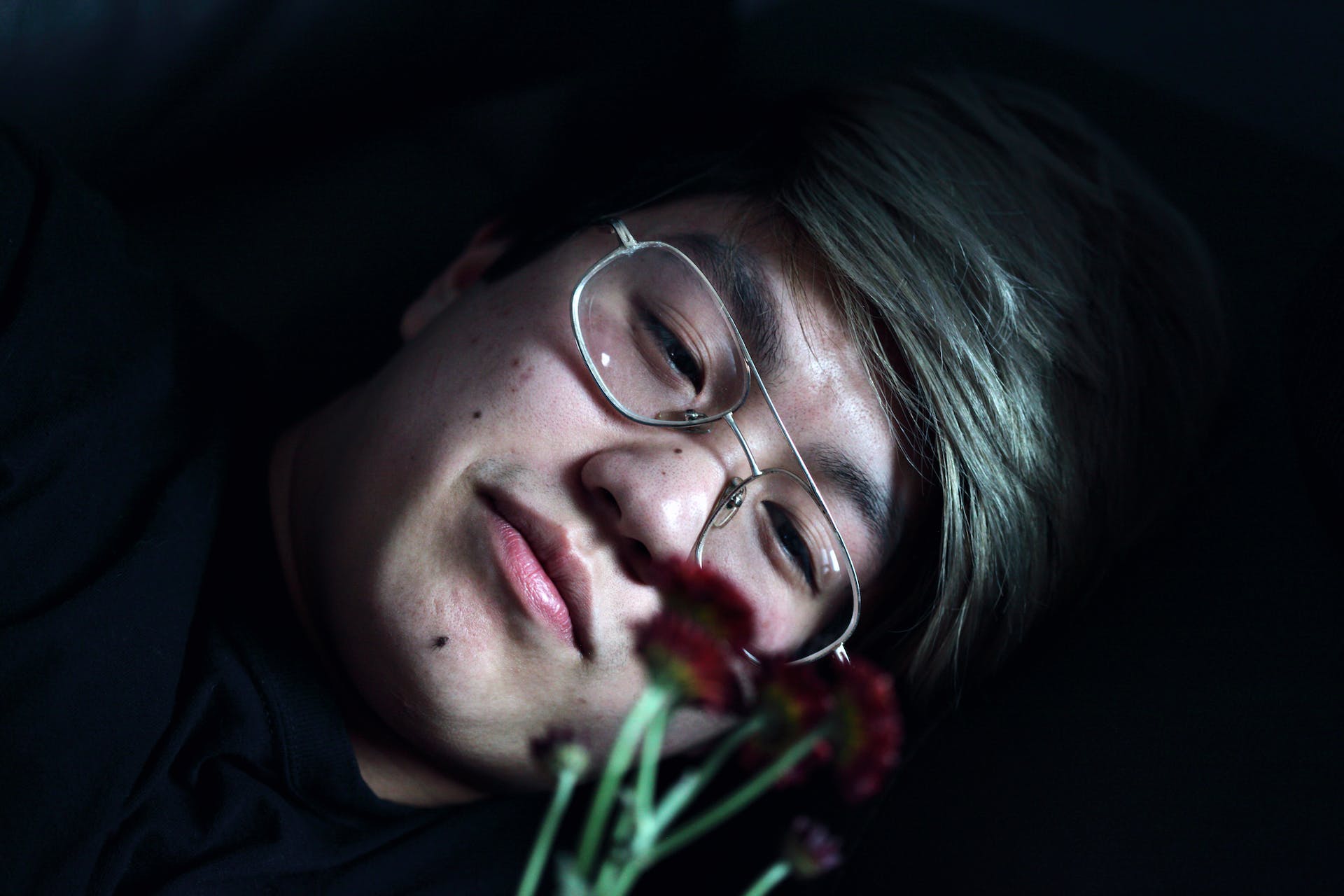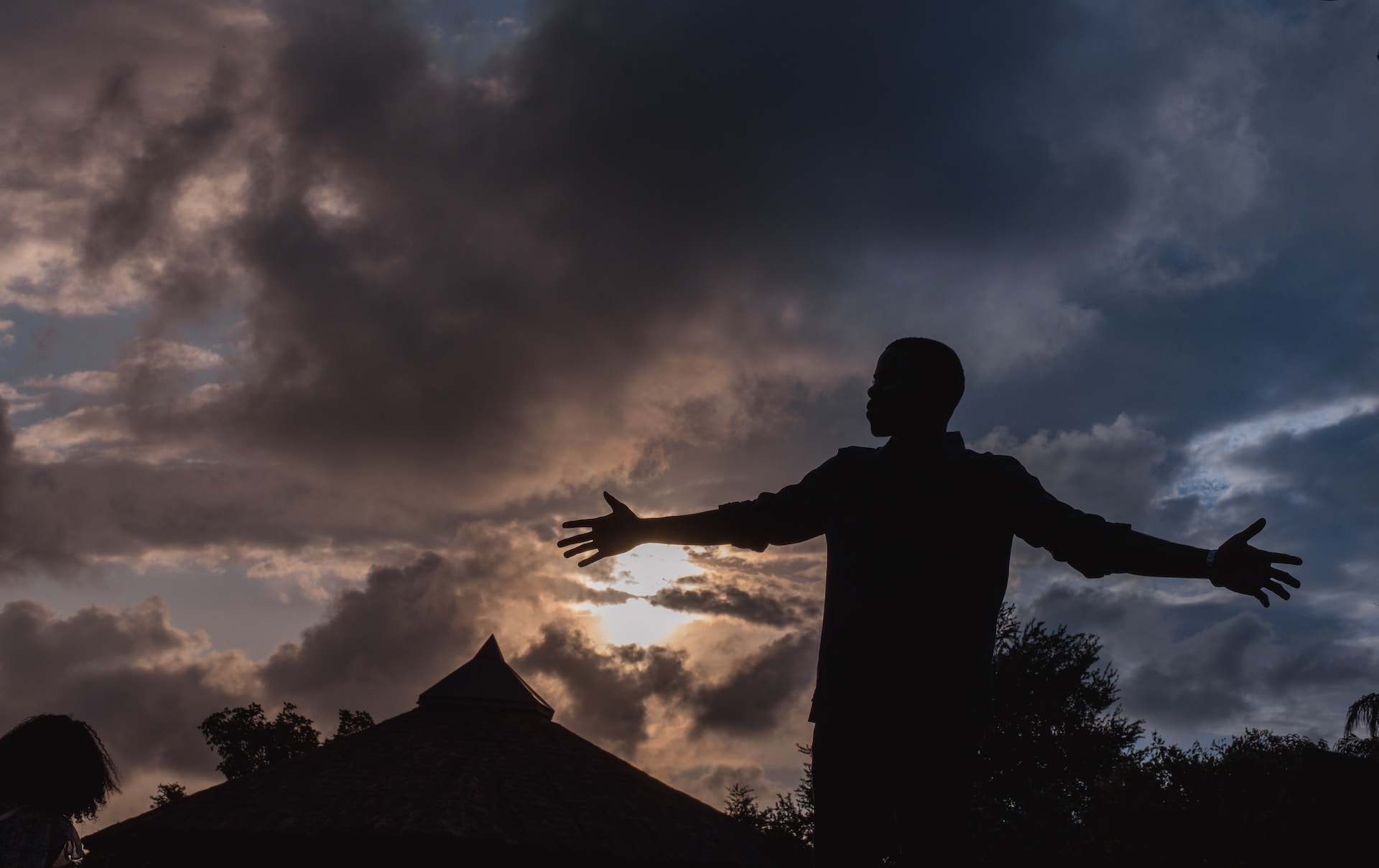Thailand’s Step Towards Marriage Equality: A Historic Move in Parliament

In a significant step forward for LGBTQ+ rights in Asia, Thailand’s Prime Minister Srettha Thavisin announced on Tuesday that the cabinet has approved a draft law on marriage equality. This landmark bill is scheduled to be presented to the parliament in its session commencing December.
Thailand’s LGBTQ+ Community: Visible but Unequal
Despite having one of the most open and visible LGBTQ+ communities in Asia, Thailand’s legal framework and traditional institutions have often lagged in reflecting the evolving social attitudes. As a result, LGBT individuals and same-sex couples continue to face discrimination under existing Thai laws.
Potential Milestone in Asian LGBTQ+ Rights
Should the parliament approve the draft law and it subsequently receives royal assent, Thailand will join the ranks of Taiwan and Nepal as the third jurisdiction in Asia to legally recognize same-sex marriage. This move could mark a significant milestone in LGBTQ+ rights in the region.

Historical Context and Legislative Journey
Last year, the Thai parliament deliberated over four proposed laws concerning the LGBTQ+ community, including provisions for civil unions and marriage equality. However, the session concluded without reaching a definitive vote on these critical issues.
Political Parties and Election Promises
In the lead-up to the May elections this year, both the ruling Pheu Thai party and its political rivals included support for marriage equality in their campaign promises. This political backing reflects a growing recognition of LGBTQ+ rights as a pertinent issue in Thai politics.
The Future of LGBTQ+ Rights in Thailand
Further emphasizing Thailand’s commitment to promoting LGBTQ+ rights, Prime Minister Srettha has expressed his desire for Bangkok to host the World Pride events in 2028. This ambition aligns with the country’s broader efforts to become a more inclusive society.
The Road Ahead
The upcoming parliamentary session and the decision on the marriage equality bill will be closely watched, both within Thailand and internationally. The approval of this legislation could set a precedent for other Asian countries and significantly advance LGBTQ+ rights in the region.
In conclusion, Thailand’s move to bring the marriage equality bill to parliament signifies a pivotal moment in the country’s journey towards greater equality and acceptance for the LGBTQ+ community. This step, coupled with the potential hosting of World Pride, positions Thailand as a progressive leader in LGBTQ+ rights in Asia.
©equalityvoices.org














